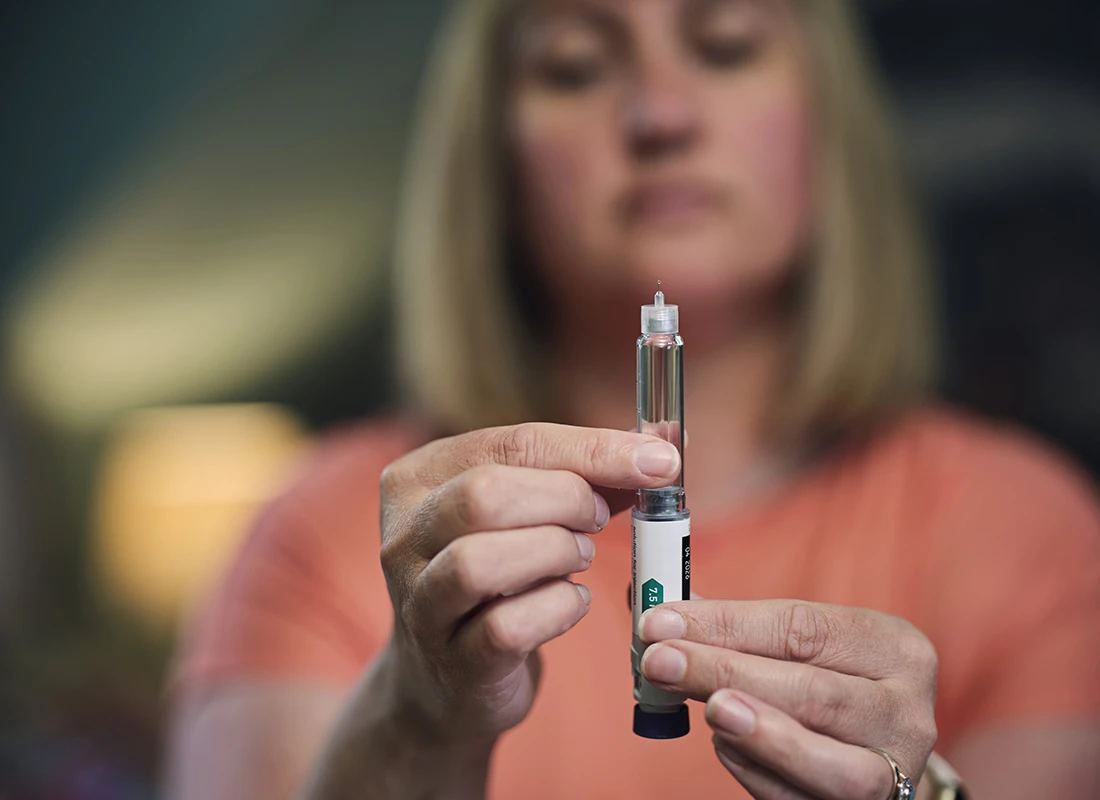A new 7.2 mg dose of semaglutide resulted in an average body weight loss of nearly 21% in clinical trials, significantly outperforming the current 2.4 mg dose and offering a potential alternative to bariatric surgery.

October 5, 2025

Source:
UT Southwestern Medical Center
New Dose Shows Unprecedented Results
A higher 7.2 mg dose of semaglutide, the active ingredient in Wegovy, has demonstrated significant weight loss results in the STEP UP clinical trials, potentially reshaping the landscape of obesity treatment.
The findings show that this increased dose could offer an efficacy level that rivals some surgical procedures.
Key Weight Loss Outcomes
After 72 weeks, participants in the trial experienced dramatic results:
7.2 mg dose group: Achieved an average weight loss of 20.7%.
2.4 mg dose group: Lost an average of 17.5%.
Placebo group: Saw a reduction of only 2.4%.
Reaching Critical Thresholds
The higher dose proved particularly effective at helping patients achieve significant weight loss milestones, a key goal in managing obesity-related health risks.
Notably, nearly half (50.9%) of participants on the 7.2 mg dose lost 20% or more of their body weight. This is a substantial increase from the 35.1% who achieved this on the currently approved 2.4 mg dose.
Furthermore, a third of patients on the higher dose lost at least 25% of their body weight, a result rarely seen outside of bariatric surgery.
Keep up with the story. Subscribe to the PR+ free daily newsletter

Source:
SciTechDaily
Safety Profile and Metabolic Benefits
Despite the increased dosage, the 7.2 mg semaglutide formulation was found to be manageable and maintained a safety profile consistent with the existing class of GLP-1 receptor agonists.
Tolerability and Side Effects
The most commonly reported side effects were gastrointestinal in nature.
Events included mild-to-moderate nausea, vomiting, and diarrhea.
These issues typically occurred during the dose-escalation phase and decreased over time.
The rate of discontinuation due to these side effects was low, at 3.3% for the 7.2 mg group compared to 2.0% for the 2.4 mg group.
Regulators found no new safety concerns, suggesting the higher dose is well-tolerated by most patients.
Broader Health Improvements
The benefits extended beyond weight loss. The STEP UP trials, including a separate study on adults with type 2 diabetes, confirmed that the 7.2 mg dose led to significant improvements in markers of metabolic health. This indicates its effectiveness across diverse patient populations struggling with obesity.
Read More

Source:
Share this news:




















